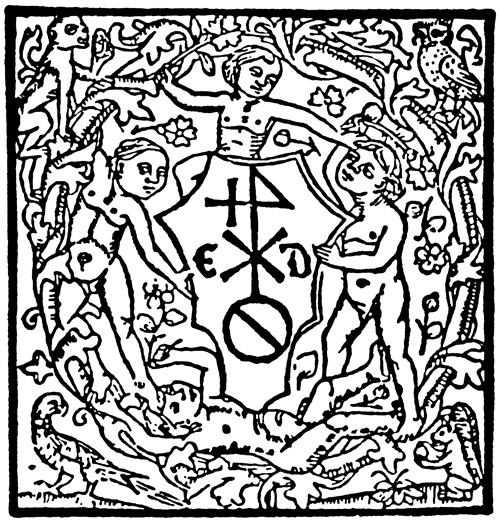«The history of Renaissance mathematics presents a strange scene – a large featureless plain broken up by such occasional peaks as Cardano, Copernicus and Galileo. The present study began as an attempt to perceive some pattern, however loose, in this amorphous landscape. As the study developed it became apparent that a central theme dominated the minds of virtually all the leading Italian mathematicians were obsessed with the need for renovation of the mathematical sciences – a restauration, repair, restitution, revival, instauration, a renaissance of mathematics as they variously called id. [...]
The book, however, is not so much a history of mathematics as an investigation of the mentality and general spirit of Renaissance mathematicians. Its approach is based on the history of mathematics seen in the context of humanist culture. [...] But there is a need to study too the philosophical and psychological views wich stimulated mathematicians ; the related ideas of mathematical certainty, rigorous proof and universal peace and harmony supplied the basic intellectual and psychological drive for the mathematicians treated in this book. The same canbe said of the notion of the rebirth and reawakening of mathematics, a notion which has its roots both in the internal history of the Renaissance. The present book is no more than an attemps to analyse the mathematical sciences of the fifteenth and sixteenth centuries in more fluid terms, treating the subject from the three main aspects : internal developments, the renaissance sensibility of the mathematicians, and the contacts existing between humanists and mathematicians, and the contacts existing between humanists and mathematicians in the period. For this reason it should be judged as an illustrations of a mentality rather than a straight forward history of mathematics.»



